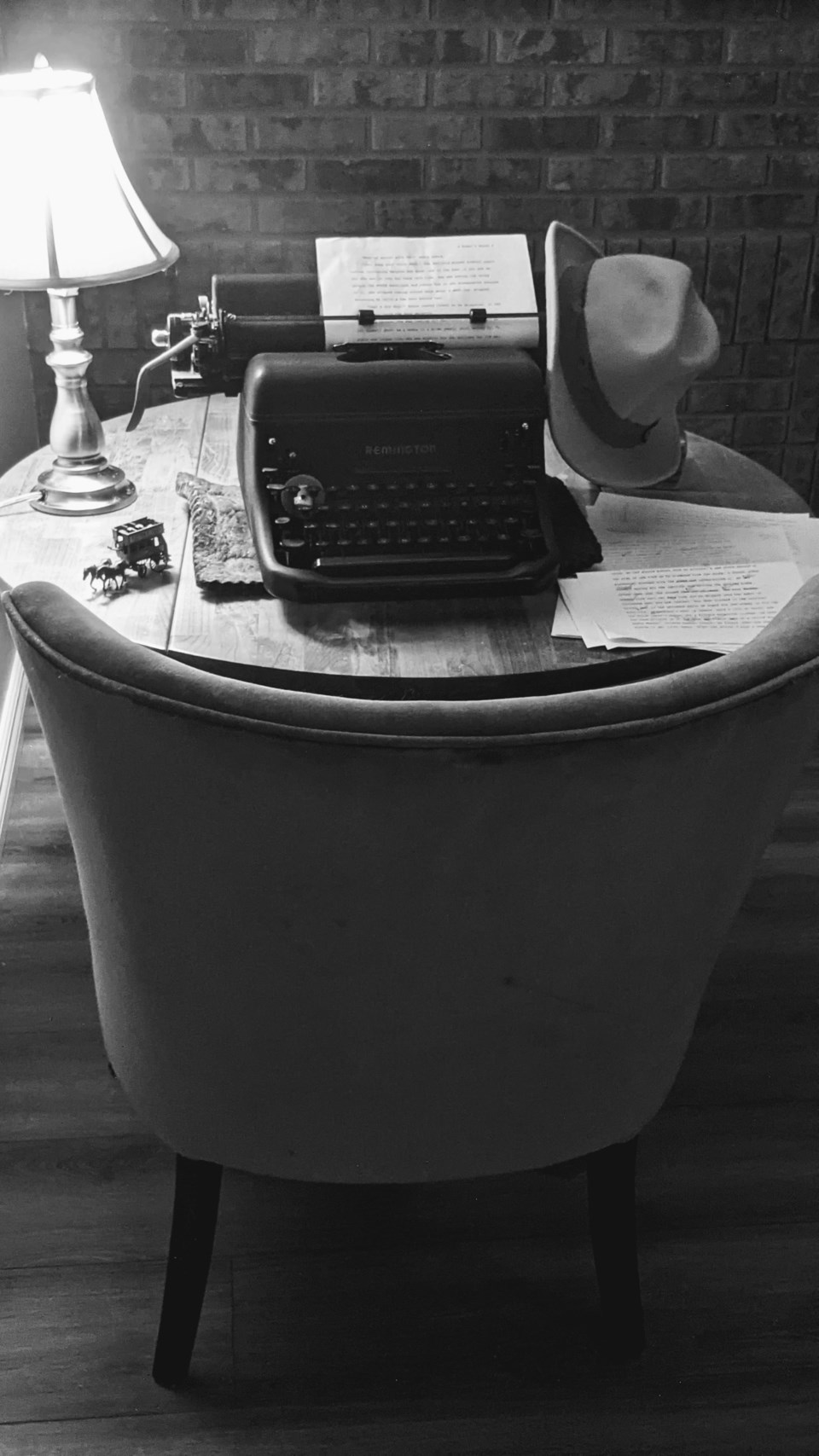In Sunday school she was taught that hell was lakes of fire and endless pain. That it was oven hot heat and the goat footed Satan himself laughing as humanity boiled alive around him for eternity. An underground outcropping of rocks, and lava, and heat, and hate.
But that was when she was a child.
Lucinda Hessen was a grown woman now, her first blood at least a decade passed. She knew now hell wasn’t lakes of fire and Sunday School chaos, and it wasn’t hot.
Hell was darkness wrapping itself around you as nearby lights snapped off. Hell was the screams within that darkness, disembodied and rolling along the surface only to be cut short. Hell was silence descending as the remnants of an unsinkable vessel slid beneath the icy surface of the water. It was the frantic ragged breathing of the oarsmen as he raced to out run the undertow. It was the silent rhythmic sound of oars slapping water. It was the gentle whimpering of someone weeping. It was the realization that the sound was coming from her. It’s the sound of little lungs hacking and whooping through a deep cough.
Hell was all of these things, but most of all Hell was cold, and hell was dark. And if she lived another 37 years she would never be as bone cold as she was in the lifeboat glided through the Atlantic waters.
Where they were going was a mystery, where they had come from they could no longer return. It was like watching a building being demolished, she couldn’t look away. Awful as it was to say, at least with the lights was some visibility. When it cracked in half the darkness belched forth like a plague of bats. The darkness was bad, but the cold was worse. The cold would kill more people than the boat ever could. She wished a quick death for those left in the water. Their fate forever tied to the white star liner christened Titanic.
She wouldn’t set foot on the Carpathia. Foolish as it was. She gripped the sides of the lifeboat, splinters digging underneath her fingernails. It wasn’t until Molly, small as she was, sick as she was, stood on the gangplank and extended her hand to her, did Lucinda finally relent. She would not remove the life vest.
The coffee mug was excruciating to hold. Her hands clenched around it letting the searing heat stab invisible pins into her palms. The sensation made her knuckles itch. She was sure she looked foolish with the blanket wrapped awkwardly around her shoulders and life vest, but she didn’t care. She stood on the lowest deck with her daughter praying to see the shoreline.
She saw the skyscrapers first, and the rest of the New York Skyline unfolded as if by some magician’s trick. She wept when she set foot ashore as if the gravity of the last three days was waiting for her to stand on solid earth again before taking her out at the knees. Pebbles dug into her palms and she screamed to the heavens until strong arms lifted her by the shoulders and she was carted into a waiting ambulance. She watched Molly the whole ride. She felt like she was floating thanks to the sedative, more waves, more buoyancy, but this time she didn’t mind so much. Molly coughed again, an ugly sound that was wet and yet somehow dry at the same time. She coughed into Alice, hugged her tighter to her little chest. That grubby little dish rag doll Lucinda’s mother sewed for her when she was born. The one she can’t get Molly to put down even after seven years.
Lucinda turns her glassy eyes to the attendant beside her, and tries desperately to tell him not to let anything happen to Molly, but only succeeds in a low gargling sound that sounds like the last words of a drowning woman.
